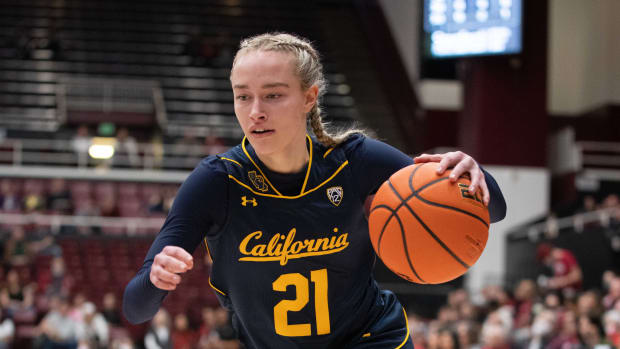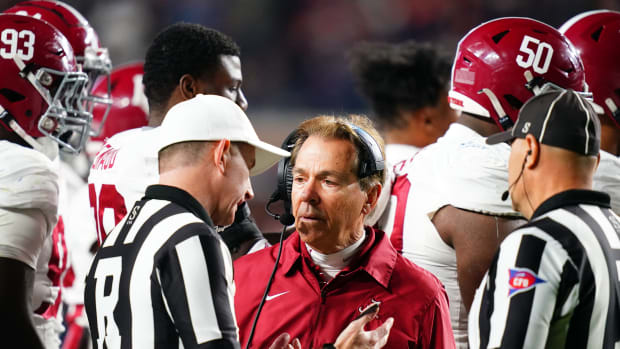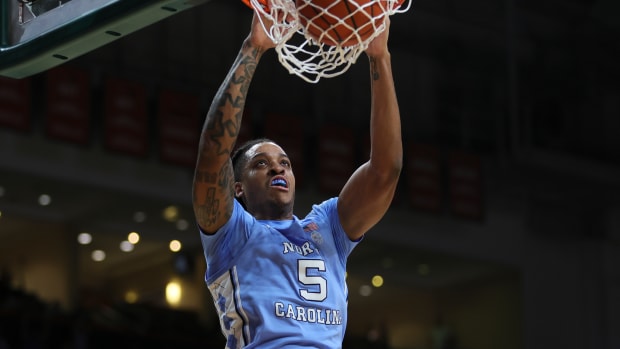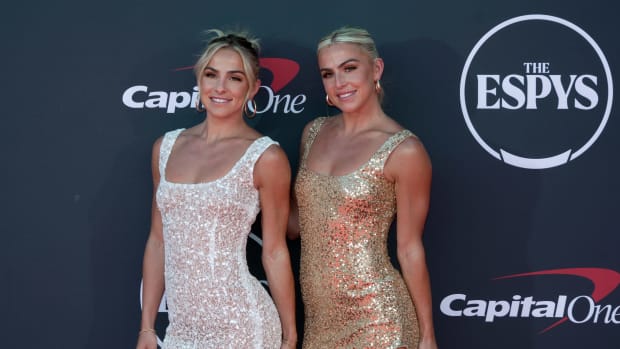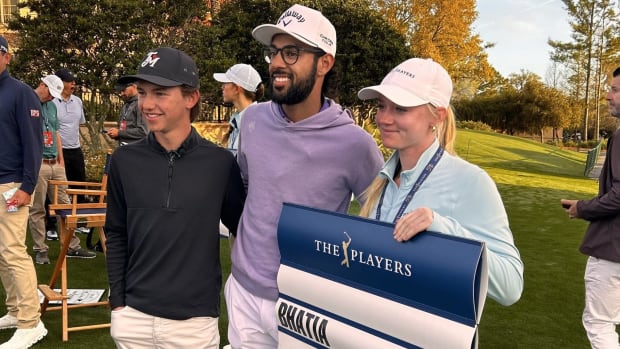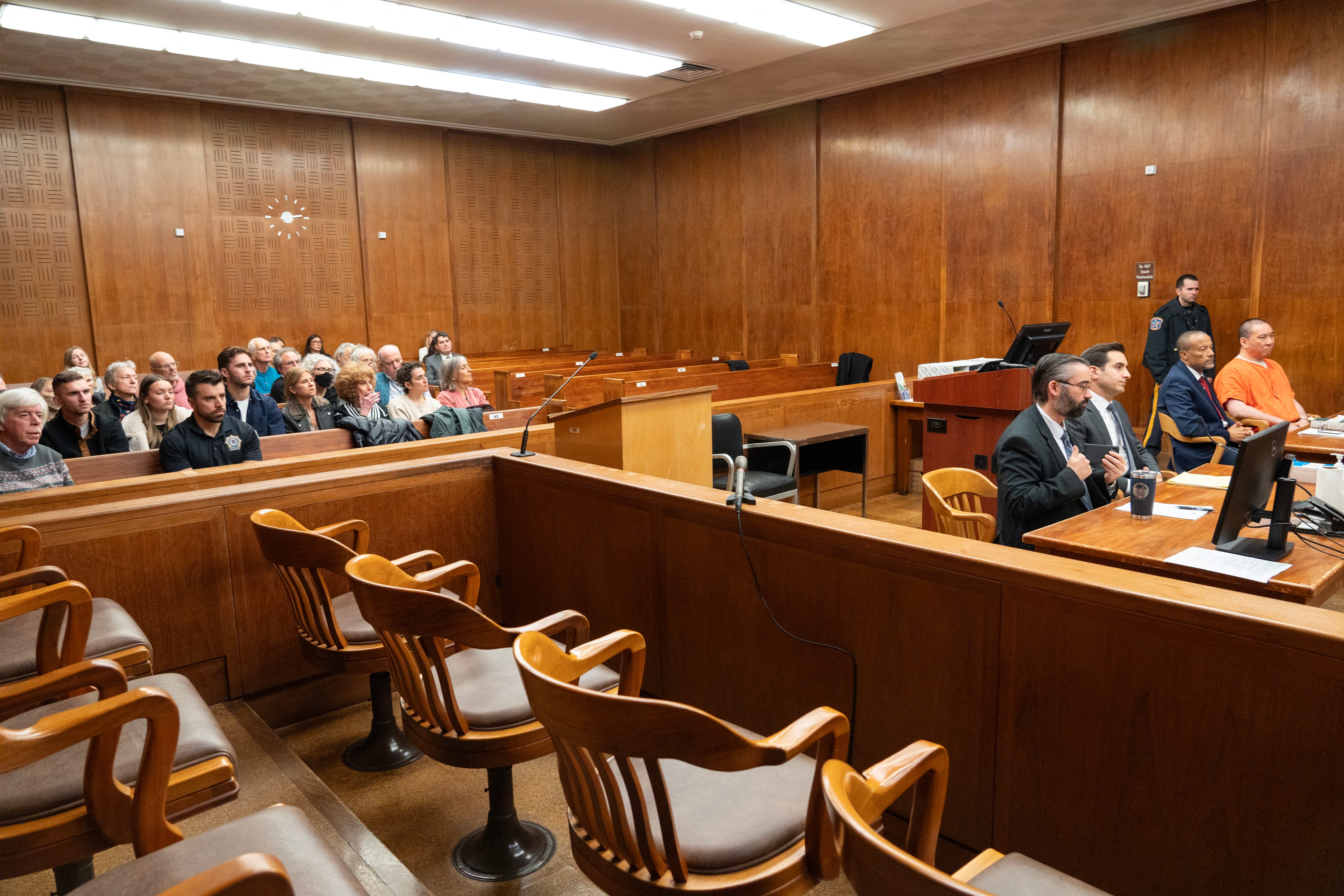
OTE Alumni - Bewley Brother's File Suit Against NCAA Citing Illinois NIL Law
In what feels like perpetual déjà vu, the NCAA has been named the defendant in yet another antitrust lawsuit.
Twin brothers Matt and Ryan Bewley, former five-star high school recruits and athletes at Overtime Elite Academy –– a private school and basketball league providing an “alternative pathway” for basketball players aged 16-20 –– have challenged a recent NCAA determination denying their eligibility for competition. This decision came one week before their first scheduled contest as members of the Chicago State basketball program.
Overtime Elite, which began operations in the fall of 2021, initially offered professional opportunities to athletes with a minimum salary of $100,000. Quickly achieving large-scale notoriety and success, OTE recently had alumni (and another set of twins) Amen and Ausar Thompson selected as the 4th and 5th overall picks in this year’s NBA draft.
The Bewley brothers were the first to sign with OTE in May 2021 and the first to accept the program’s salary offer. Later on, in 2022, Overtime Elite introduced a scholarship pathway where athletes could compete in the same capacity as their salaried peers but forego a salary to maintain NCAA eligibility.
The brothers, who at one time were both ranked in the top 20 of the 2023 recruiting class, committed to Chicago State University this August. Chicago State is one of two basketball independent universities and finished last season as the 293rd-ranked team in the nation, according to KenPom.
The lawsuit, filed in the U.S. District Court in the Northern District of Illinois, alleges that the NCAA’s decision denying the Bewley brother’s eligibility violates Illinois NIL law (Illinois Student-Athlete Endorsement Rights Act) and federal antitrust law.
The Bewley brothers challenge the NCAA’s assertion that they accepted a salary to play for OTE; instead, they contend that they sold their NIL rights to OTE and received compensation in return. This compensation would not trigger NCAA ineligibility if construed as an NIL opportunity. The Bewleys concede that in their initial agreement, the compensation was described as a “salary” but note that the payment was later referred to as “scholarship,”, “financial aid,” and “NIL compensation” in ensuing contracts.
A carveout in NCAA regulations (NCAA bylaw 12.2.3.2.1) provides an exception that allows student-athletes in sports other than ice hockey and skiing to "compete on a professional team provided the individual does not receive more than actual and necessary expenses to participate on the team."
Court documents have revealed that during the 2021-22 and 2022-223 seasons, the Bewley twins each received at least $33,333 monthly. The NCAA deemed that this amount exceeded what they could earn to cover their additional expenses per month.
The NCAA's average monthly expenditure guideline is $5,577. When factoring the Bewley brother’s additional benefits (lodging, meals, transportation reimbursement, and educational services), the NCAA estimated an adjusted monthly additional expense reimbursement of only $1,986.
The Bewleys argue that the NCAA's payment restriction violates antitrust law as it imposes an artificial wage cap on prospective student-athletes, preventing them from earning compensation beyond what the NCAA deems actual and necessary expenses.
The lawsuit further alleged selective enforcement by the NCAA, citing eligibility granted to two other Overtime Elite players: Kentucky guard Rob Dillingham and Stanford guard Kanaan Cralyle. Both players opted for the scholarship pathway yet to be created when the Bewley brothers signed with OTE.
A hearing for a preliminary injunction regarding the twin’s eligibility is scheduled for Tuesday in front of U.S. District Judge Robert Gettleman.

